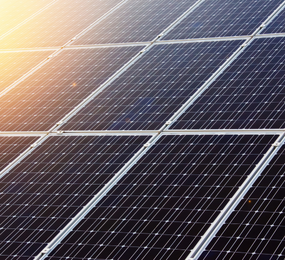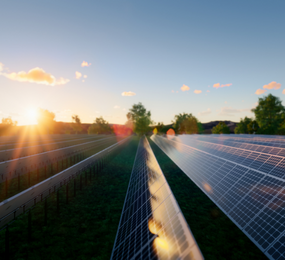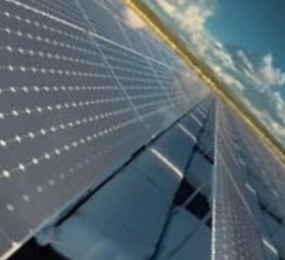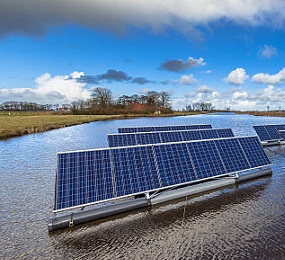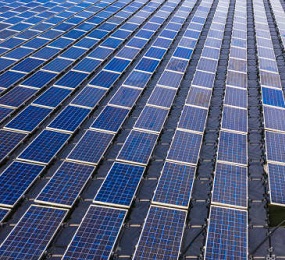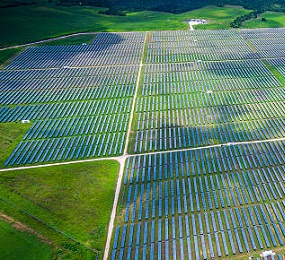Floating solar is rapidly emerging as a promising solution for promoting agricultural sustainability, offering dual benefits of renewable energy generation and water conservation. As the agricultural sector faces increasing pressure to adopt sustainable practices and mitigate environmental impact, floating solar installations present an innovative approach to addressing these challenges while enhancing farm productivity and resilience.
Solar energy has long been recognized as a valuable resource for powering agricultural operations. Floating solar installations capitalize on this abundant resource by harnessing sunlight to generate clean and renewable electricity. By installing solar panels on water bodies such as irrigation ponds, reservoirs, and farm dams, farmers can maximize land use efficiency and generate electricity without competing with crop production or grazing land.
One of the key benefits of floating solar for agriculture is its potential to conserve and manage water resources more effectively. By shading the water surface, floating solar installations reduce evaporation rates, helping to minimize water loss and preserve valuable water supplies. Additionally, by covering water bodies, floating solar installations can reduce algae growth and improve water quality, creating healthier environments for aquatic ecosystems and agricultural use.
Floating solar installations offer additional benefits for agricultural sustainability by enhancing farm productivity and resilience. By providing a reliable source of renewable energy, floating solar installations can help farmers reduce their reliance on fossil fuels, lower energy costs, and improve energy security. Additionally, by conserving water and improving water quality, floating solar installations can support crop growth, livestock watering, and irrigation practices, enhancing farm resilience in the face of climate change and water scarcity.
Floating solar installations promote sustainable farming practices by reducing greenhouse gas emissions, conserving water resources, and minimizing environmental impact. By integrating renewable energy generation with agricultural operations, farmers can adopt more environmentally friendly and economically viable farming practices, contributing to a more sustainable and resilient agricultural sector.
Floating solar represents an emerging trend in agricultural sustainability, offering farmers a novel approach to harnessing solar energy while conserving water resources and promoting sustainable farming practices. As the agricultural sector seeks to address challenges such as climate change, water scarcity, and environmental degradation, floating solar installations have the potential to play a transformative role in enhancing farm productivity, resilience, and sustainability. By embracing floating solar, farmers can reap the benefits of renewable energy generation while contributing to a more sustainable and resilient agricultural future.
To register or learn more about the Forum please check here: https://bit.ly/46Vw6nm
For more information and group participation, contact us: [email protected]


